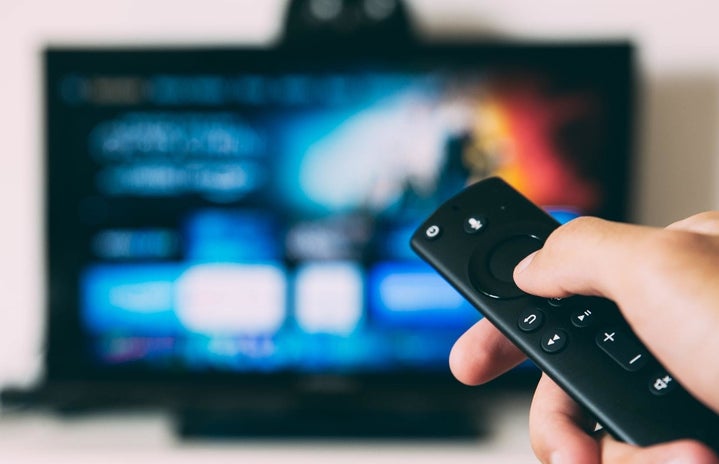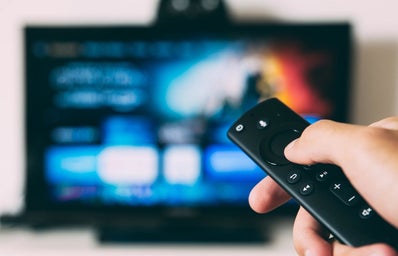If you haven’t watched ‘100 Humans’ on Netflix yet, you are missing out! The docuseries shows social experiments done on 100 random humans that have been selected for the purpose of the show. The experiments range from ‘which age is the best to be alive?’, to ‘which gender is better than the other?’. What makes the series even better, is that it is hosted by three stand up comedians that keep the mood of the show light and less science-y. If you’re anything like me, you have so many shows on your Netflix list that you forget to even watch half of them. No worries – we’ve got you! 100 Humans is definitely a must-watch, but just in case you do not find the time to get to it, here are some of the interesting results to the many social experiments performed on the show:
- Fun is more likely to motivate us than money
-
I know, this one surprised me too. I mean, who doesn’t enjoy money? In an episode where the focus was on what makes people happy, a social experiment was done on the one hundred humans. Half of the humans were given a task to do and told to have fun and enjoy it, whereas the other half was told the winner of the task would get $400. Turns out, the group that was not promised a reward performed better than the group that was promised money. They even found that the atmosphere in the room of the no-reward group was lighter and more fun, in contrast to the other group that had a more serious atmosphere. So, having fun can motivate us more than money can. Unfortunately for us, fun does not pay the bills.
- Men take longer than women to leave the house
-
Seems like this show is in the business of debunking popular myths too. When doing an experiment to determine which sex takes longer to leave the house, the show actually found that men take longer than women to leave. They found this out by telling all 100 humans to get ready, as they were all leaving on a field trip in 10 minutes. They inserted distractions like food menus for the trip and snack bars. There were two buses and females were to enter the one and males the other when they were ready to leave. After announcing that they would be leaving soon, people were still seen sitting around chatting and many still needed to go to the bathroom. After 10 minutes, only 14 of the 50 men were on the bus, compared to the 24 women. This proved that men take longer to leave the house than women.
- Men are more vain than women
-
Are you noticing a pattern here? What, that women are better than men? The show did, in fact, prove that women are better. In an episode titled, “Let’s talk about sex”, the show did different experiments on the two genders, seeing who scored more at the end of the day. The experiments ranged from who was more risk-averse (equal), who talked more (women), who took longer to leave (men), if your gender made you more or less funny (yes, men) and one of the funnier ones was, who could mutli-task better (women, of course). But, what was even more interesting was the experiment on who was more vain. After allowing each human to rate the opposite sex just on their appearance, and then themselves, the show discovered that, on average, men rated women 6.5 out of 10 and women rated the men 5 out of 10. However, what was surprising (not actually), was that women rated themselves 6.5, where men rated themselves an average of 7.3. When an expert on gender studies was done, it was found that women are more likely to give themselves a lower rating because they are programmed to think that their appearance is not good enough, thus rating themselves lower.
- Being good looking can get you a lower jail sentence
-
According to the show, having a good physical appearance and being attractive can allow jurors to give you a lower jail sentence and even keep you out of jail. In this experiment, the show divided the candidates into two groups. Each group was shown pictures of an individual who ‘committed’ a specific crime. What the two groups did not know, is that they were each shown different images, with one group being shown an attractive individual and the other a less attractive individual but with the same crime. The humans then had to act as the jury. When asked, the humans in the group shown the less attractive individual, responded with way longer jail sentences than those in the group shown the more attractive individual. In one example, the humans were shown a woman that left her baby in the car to go day drinking at a bar, with the baby dying (this was all made up, but they did not know this). After hearing the case, the more attractive woman was given 13 years on average and the less attractive woman was given 33 years! According to the professionals, good looks can cloud our judgement and we assume less attractive people are more likely to have done the crime. Don’t worry, I was just as shocked as you are!
- The toilet paper roll goes over, not under
-
This one was in the last episode, where the 100 humans were given the opportunity to suggest experiments or questions; one of them being whether the toilet paper roll should go over or under. According to the results of this experiment, the toilet paper roll should, in fact, go over. Luckily for us, the experiment on toilet behavior did not end here. The episode also studied things like, how much toilet paper was enough (7 squares on average), what is the most common wipe (front to back) and do we check what’s on the toilet paper (yes, yes we do). Interesting, right?
- Praise is more effective than criticism
-
Last but not least, this experiment explored whether praise or criticism is more effective. Random humans were selected and asked to perform plate-spinning after being shown how by a professional. What the humans did not know was that half of them were going to be criticized and half were going to be praised, no matter how they performed. This experiment revealed that the humans drastically improved their performance from the performance prior to being praised and the humans that were criticized, did worse than what they did before being criticized. The professionals mentioned that this could be because when criticized, we are more in our head because we assumed we did well and now we are being told differently. Whereas, if we are praised, we are more likely to do better because someone believes in us and thinks we can do better.
So, if any of these results interested you or made you say, “WHAT?!”, then I highly recommend you watch this show. It only has eight episodes, so if I was you, I would find the time to watch this. Not only will you learn some new interesting facts, but the next time you’re in a debate on whether women are better than men or not, you have scientific facts to back up your answer. Oh, did I forget to mention that women were scientifically proven to be better than men? I did, didn’t I? Anyway, stop reading now and go watch the show!


